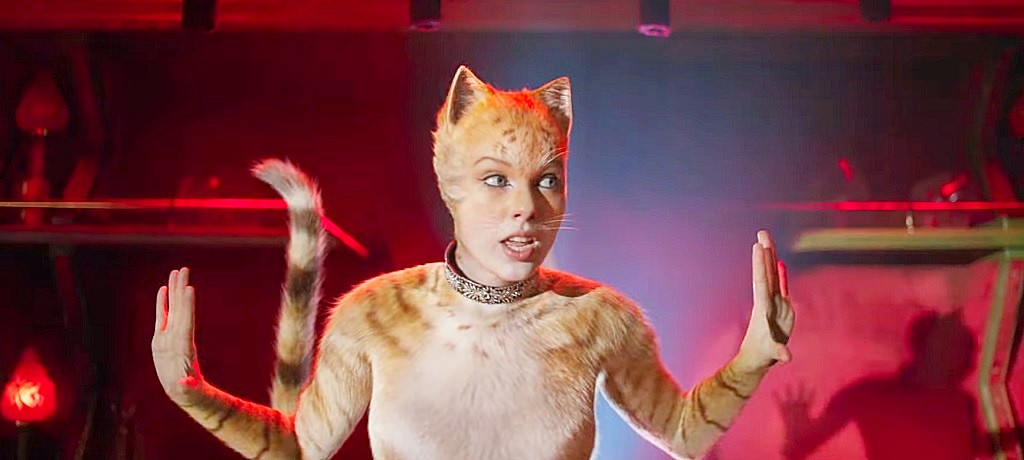It’s been a tough year for Saquon Barkley. The jewel of the New York Giants’ backfield suffered a torn ACL in his right knee during the team’s second game of the season, and as a result, his third year in the league came to an end after 19 carries, six receptions, and no touchdowns. To make matters worse, New York got off to a wretched start to the season, beginning 0-5 and falling all the way to 1-7.
Things have been looking up lately for both team and player. The Giants are now 5-7 after ripping off four wins in a row, most recently a victory against the Seattle Seahawks on Sunday, and sit in first place in the NFC East. Barkley, meanwhile, has been happy with how things have been going with his rehab, and while his preference is to be on the field, he’s gotten a sense of pride out of watching his team turn things around, thanks in large part to a good ground game spearheaded by Wayne Gallman. Off the field, Barkley teamed up with Gillette to design a limited-edition razor as part of its Every Day Is Gameday initiative. In conjunction the razor, which fans can win via a drawing, Gillette is giving $26,000 to Covenant House New Jersey, a charity that helps at-risk youth that Barkley has worked with in the past.
Uproxx Sports caught up with Barkley this week to discuss the razor, the Giants’ season, his former college quarterback taking the field for the Baltimore Ravens last week, and more.
What was your conversation with Trace McSorley like at the end of last week?
[laughs] It’s crazy, before the game happened, I sent a Snapchat to all my boys and was like, “I’ve got a feeling Trace is gonna get in, and when he gets in, he’s gonna be a rat, he’s gonna win the game.” Unfortunately, he didn’t get that drive. Ben Roethlisberger did an amazing throw to James Washington, and we never got to see that two-minute drive that we all wanted to see, but I was happy for him, man. I was proud of him, excited that he was able to experience some actual live play. He’s a heck of a player, he works his tail off, so for him to get out there on live TV and be able to throw his first touchdown pass was definitely a dope experience to be able to see.
How’re you feeling? It’s been two and a half months, how’s rehab going and where are you in the whole process?
Rehab’s going really well, surgery went really well. I’m just coming in every single day trying to attack the day, get better every single day, and try to prepare myself for whenever I’m able to come back.
I’m interested in, kinda going off of what you’re doing with Gillette, what your gameday routine is right now? Have you kept things from your normal gameday routine? Are you keeping notes and communicating with guys after? “Lucky” jersey or anything like that?
No, I would say nothing really changed for me. The only thing that’s changed is I’m not physically there, instead of waking up in the morning, getting my mind ready to go play a game, I’m waking up in the morning trying to do whatever I can do at home, get some rehab in, getting ready to turn the game on and cheer my guys on.
Adrian Peterson said he has reached out to you about this injury. What have your conversations been like with him and what’s the best bit of advice he’s given you as a guy who knows about bouncing back from this and performing at a high level?
He said something to me along the lines that God gives his toughest challenges to his toughest warriors. That’s something that stuck with me, everything happens for a reason, and there’s not much I can do about it. It happened. So now, the only thing I can do is try to make the best out of it and try to come back stronger and better from it. And to have a guy like AP reach out, not only AP, but a lot of people reached out to show love and support, definitely means a lot to me.
I think it’s easy for any team that started 0-5, 1-7 to just take that final punch and fold, but I look and see a bunch of one-score losses in there. What was the message from the coaches, in the locker room, when the team was losing but you’re possession in either direction away from being 5-3, 6-2, instead of where the team was?
Exactly. And that’s something that we knew. We’re right there, we’re right there, we’re in all those games and we couldn’t find a way to win those games, and that’s something that we were able to do the last couple of weeks. That was the message, we have what we have. We have it in this locker room. We have the talent, we have the team, we have the right mentality. We just gotta continue to work and it’s gonna start showing up, and it’s starting to show up. So we gotta finish the season off strong and continue to have that same mentality, continue to buy in, continue to believe in each other.
And now, the team has just ripped off four in a row, and three are those one-possession wins, including this week against Seattle. Has anything changed, in your eyes, or is a matter of, listen, some breaks we weren’t getting the first eight games of the season are going our way?
Yeah, that’s how football works. Sometimes the ball just goes your way. Sometimes it doesn’t. And these last couple weeks, it’s been going that way. You gotta give credit to the offensive line and to the running backs, especially Wayne. The run game’s stepping up big. When you get the run game going, you can be able to control the game. And then our defense is also playing at a high level.
You gotta give a shoutout to all the coaches in all three phases of the ball, especially coach Judge for instilling that confidence in this team, and for us to be able to go out there and continue to win.
The team has been running the ball really well, and they’ve really found something lately. How much of getting into a groove running the ball is stuff like what you’re scheming out, and how much is just getting into a rhythm that carries from one week to the next?
A lot of it is just getting into that rhythm. The gameplan doesn’t really change, the scheme doesn’t really change, you’re not doing anything crazy for weeks and weeks. It’s all about having confidence, and you can see the confidence grow in the run game, from the offensive line all the way to Wayne, how he’s hitting the holes and he’s making people miss, and how the offensive line is controlling the line of scrimmage. That’s something that, no matter what, that’s always gonna be important in football. No matter how, if it’s a passing league or if it’s this or that, it always starts up front, it always starts with the offensive line establishing the line of scrimmage.
That’s something that they’ve been doing and Wayne’s doing a great job of hitting the holes. Coach Garrett’s done a great job of dialing up the calls for us and we’ve been able to find ways to win games, starting with the run game and with everyone else stepping up big and making big plays when needed.
And then on Wayne, he was a wonderful, wonderful college player, and he’s always had flashes in the NFL, but it’s been more consistently lately, now has his career highs in yards and touchdowns. Is it just lately he has found a groove that has led to him having success, or has he been doing anything particularly special?
He’s always been special, he’s always been a talented back, that’s something that we’ve all seen. But it’s confidence, man. His confidence is growing, he’s able to get into that groove, he’s able to establish a rhythm for himself. He don’t gotta go out there and try to force anything. He’s been playing extremely well, and I don’t mean to say it like a big brother or anything like that when I say I’m proud of him. I’m just happy for him, all the hard work that I know that he’s put in is starting to show.
What do you have going on with Gillette?
I got a razor, I never thought I’d have my own razor, but I got a razor with an amazing design, the design fits me, my personality, how I am as a person. We’re giving away a limited edition to help give back, and Gillette is doing an amazing job. Any time you can partner with a company that has the same views as you of giving back, it definitely means a lot, and for them to be donating $26,000 to Covenant House New Jersey is amazing to me, because it’s an organization that I’ve been working with and something I’m passionate about.
I would urge fans to visit GillettexSaquon.com for a chance to win, and Gillette will donate an additional dollar to Covenant House New Jersey, up to $26,000.
Part of this is the Every Day Is Gameday initiative, how do you take that mentality into your everyday life? Into fashion and style and grooming, but also football and your rehab and business ventures and everything else Saquon Barkley does?
You gotta make it count, you gotta make everything count, especially when it comes to football, especially when it comes to everyday life. I wanna have that mentality, to try and improve and get better in every single thing that I do, strive to be the best and strive for greatness. You have to have that approach, every day is gameday.
Final two questions are about our alma mater. First, it’s kind of funny how Penn State’s followed the Giants’ path this year — they lost a couple of really close games, but they’ve been finding wins lately. What’s your read on the season so far?
Yeah, obviously the season didn’t go the way we would like, but you gotta finish it strong, and I know that’s something that coach Franklin is telling those guys. A little adversity, they’re a young team, a lot of players come back, especially the running back core, proud of those guys. You can see that they’re growing every single week and starting to get a groove for themselves, too. But I love my alma mater no matter what, win, loss, or draw, and we’re gonna find a way to get things back on the right track.
Last one: You have a bye week and it just happens to be the weekend that Penn State’s hosting Ohio State for the White Out. What are the three spots, if you can make it with some teammates, you’re definitely bring them to?
The Field, I love the Field Burger. The Lion’s Den, go visit my guy Chris. I feel like the stadium’s the easy answer, obviously the stadium is something that they’ve gotta see. But then … I would say the Creamery, right? I gotta say the Creamery, right?
You have to say the Creamery.
I have to say the Creamery.
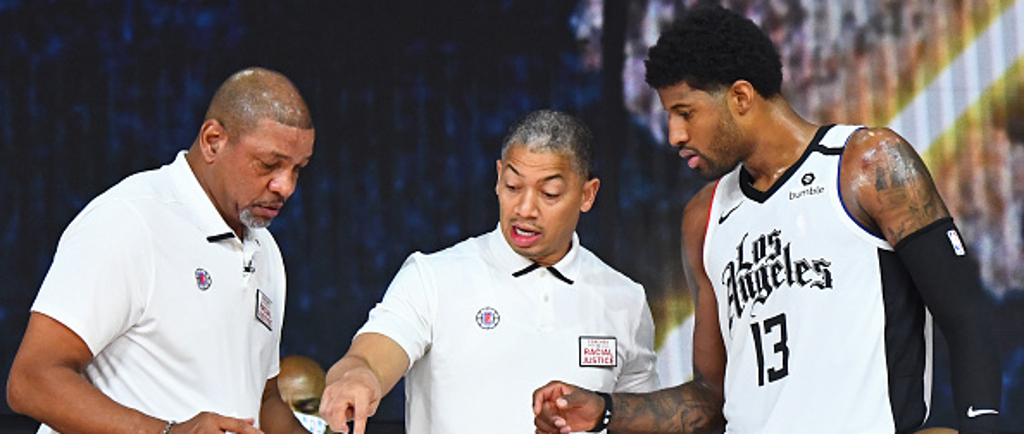

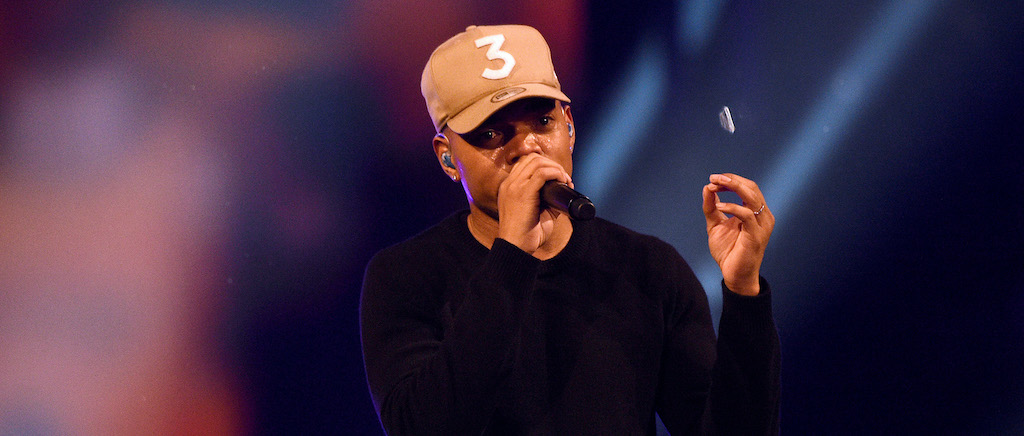
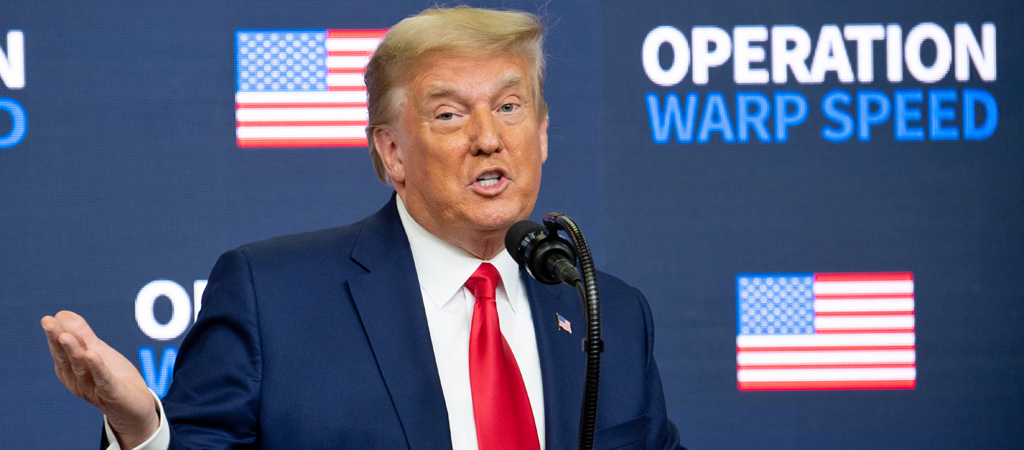
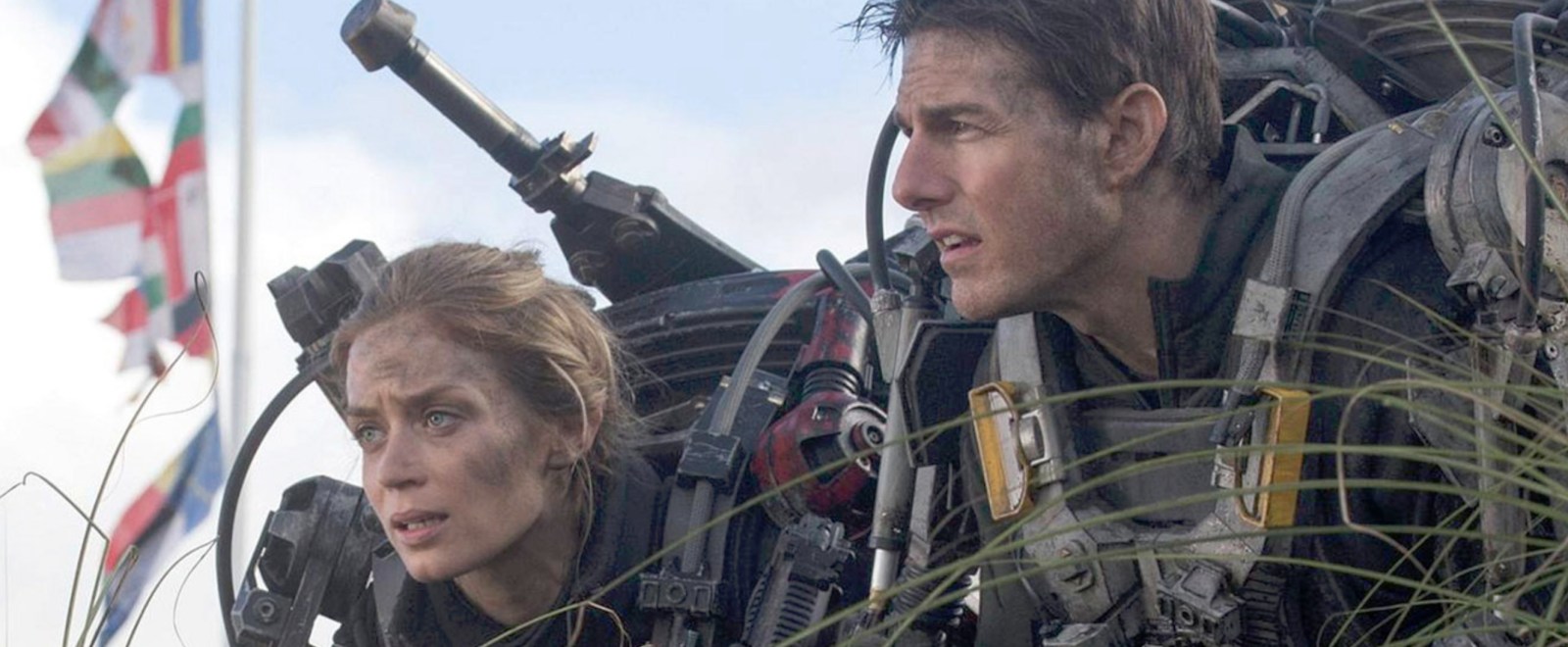
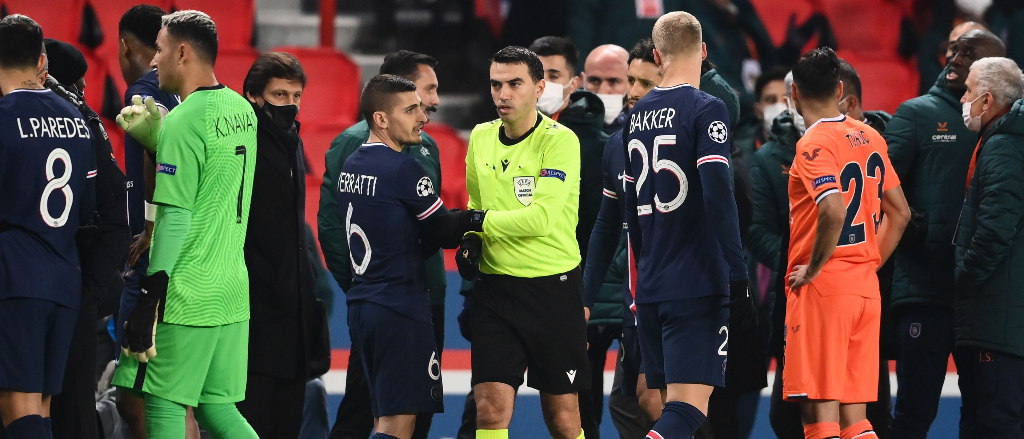

 NO TO RACISM |
NO TO RACISM | 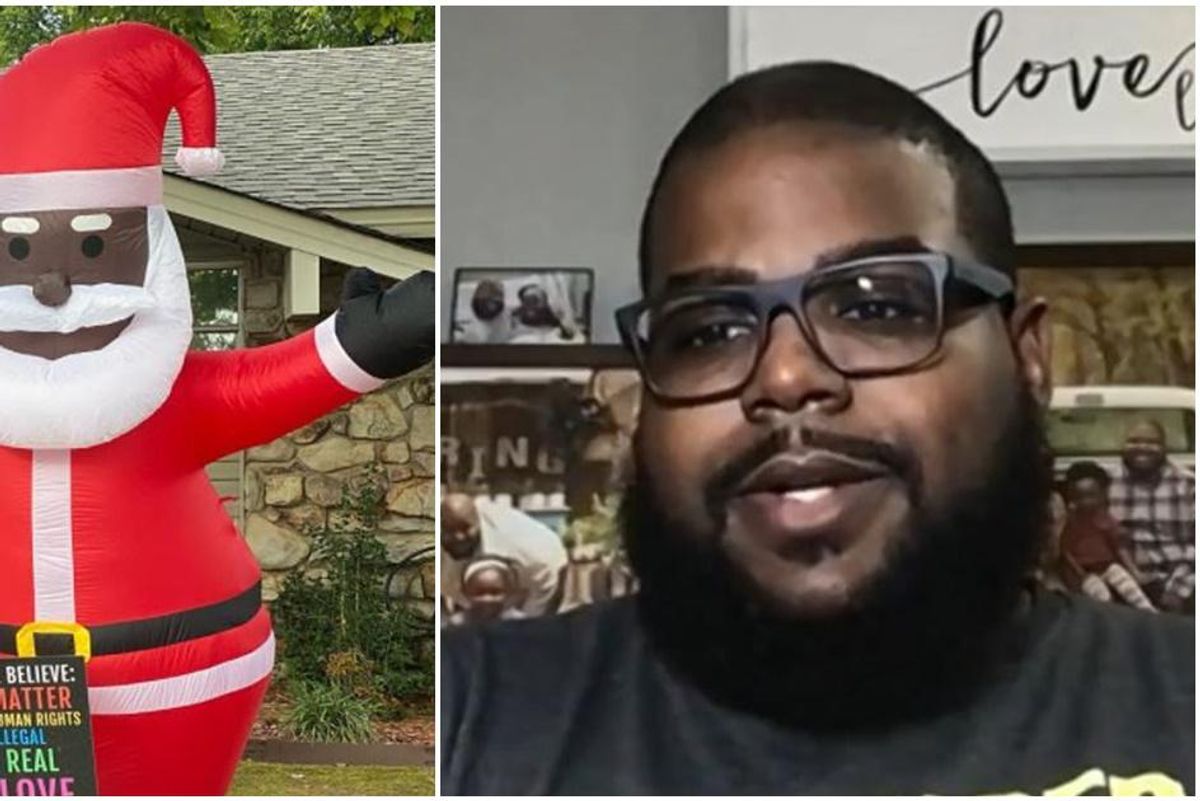
 via Chris Kennedy / Facebook
via Chris Kennedy / Facebook



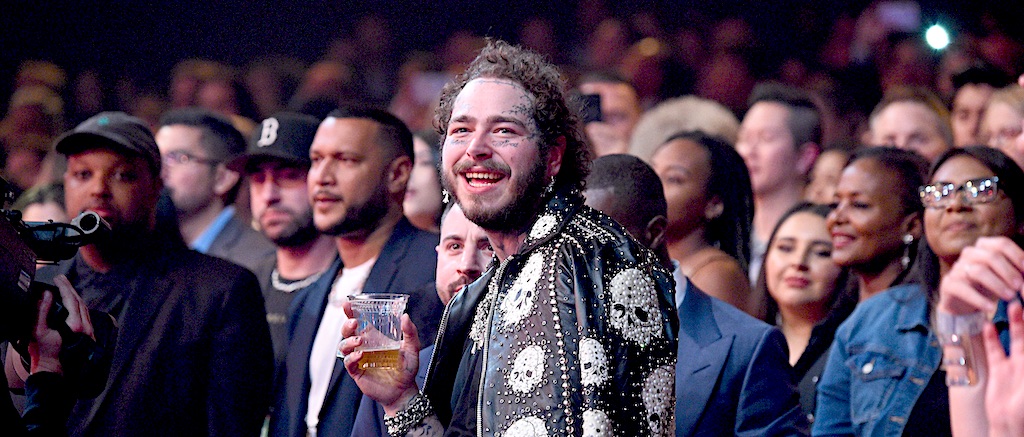

 (@am_adaa)
(@am_adaa) 



 Avacado
Avacado
